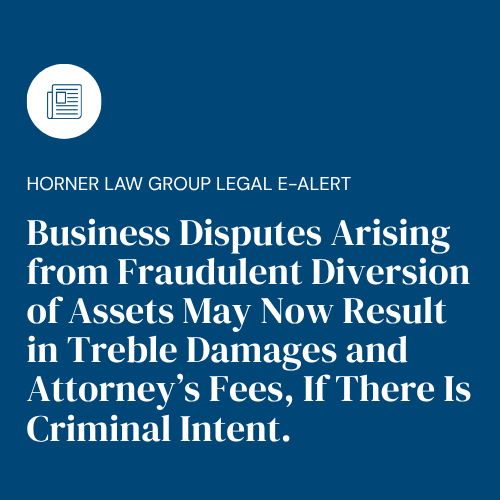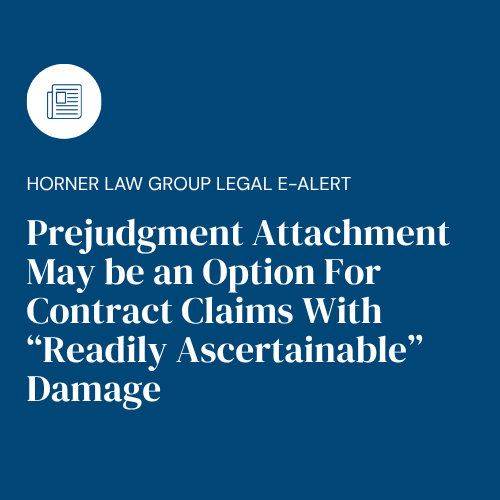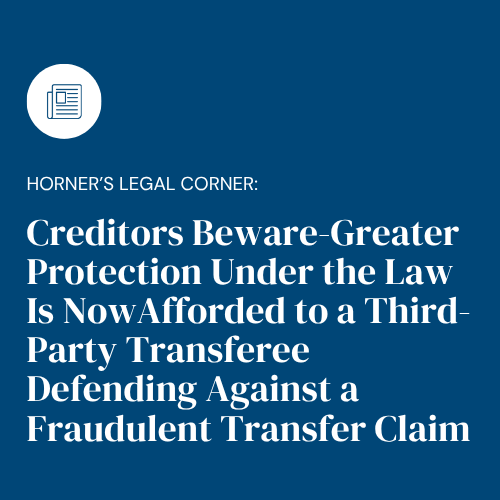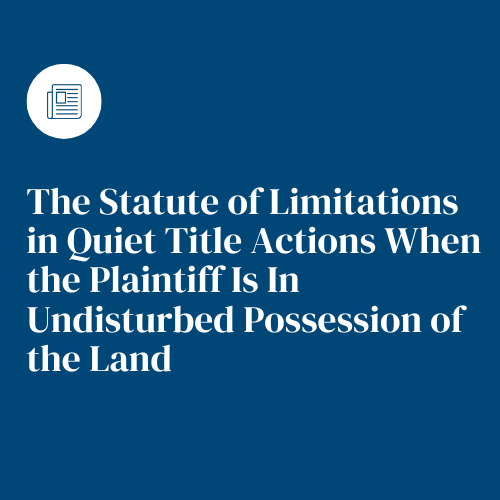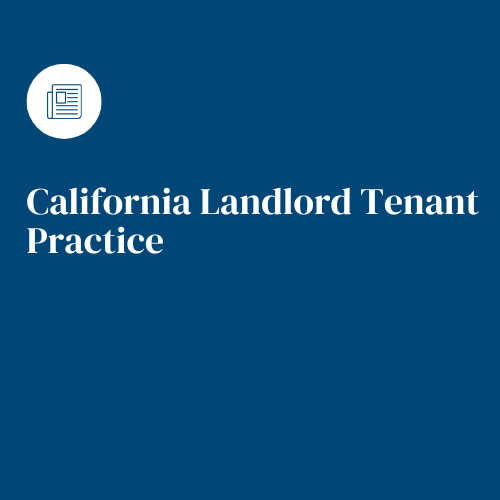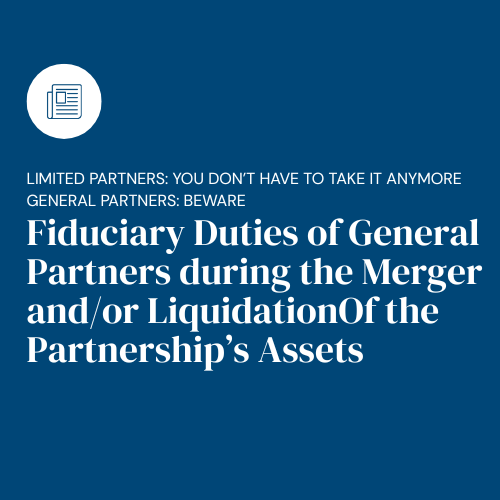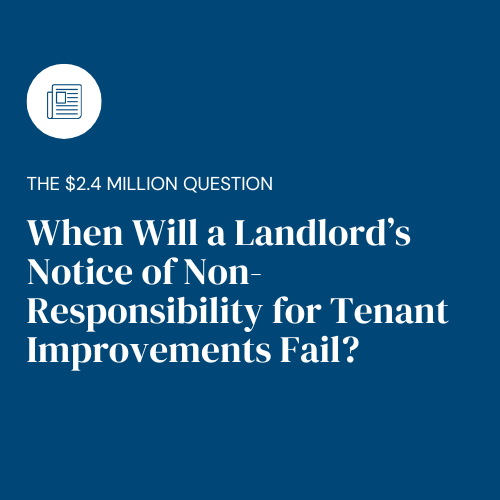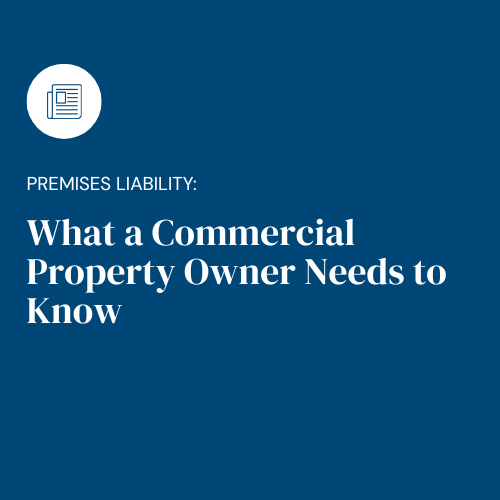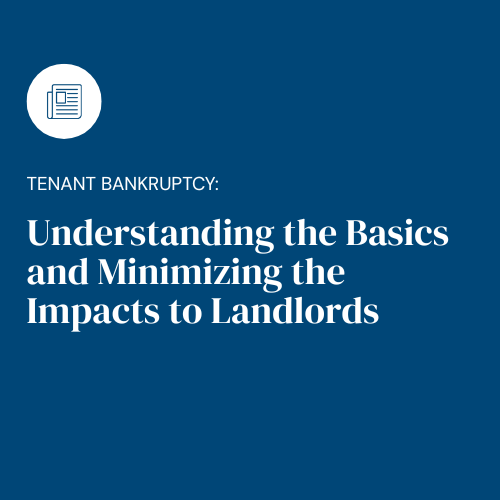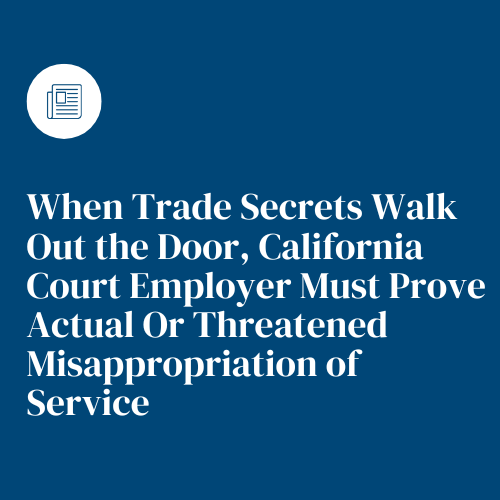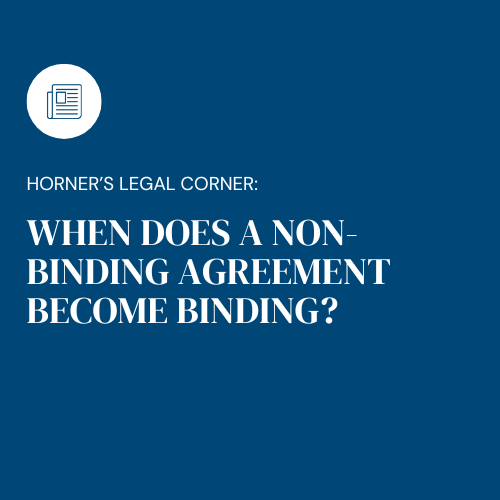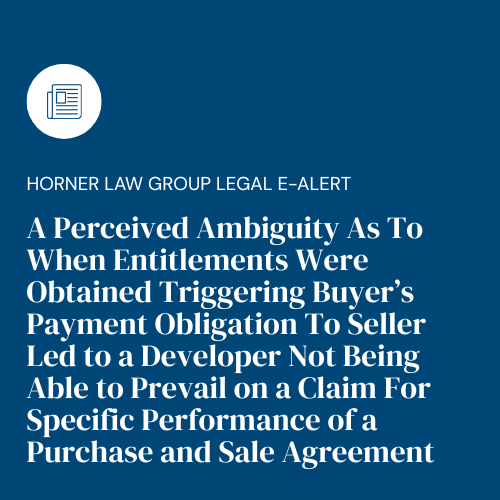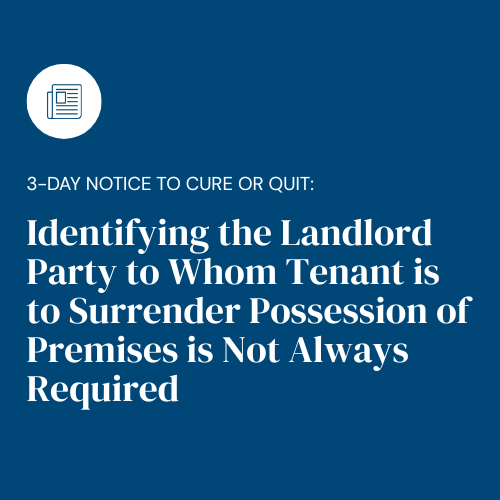The California Court of Appeal's Recent Decision Limiting How a Commercial Landlord May Apply a Security Deposit
CONTACT
Cliff Horner
Email Address: chorner@hornerlawgroup.com
California Civil Code §1950.7(c) provides that a commercial landlord may retain portions of a tenant's security deposit only "[for] those amounts as are reasonably necessary to remedy tenant defaults in the payment of rent, to repair damages to the premises caused by the tenant, or to clean the premises upon termination of the tenancy, if the payment or deposit is made for any or all of those specific purposes." This is the default rule per statute, however, the Parties to a lease agreement can waive this rule or modify it.
However, in the recent California Court of Appeal case of Aljabban v. Fontana Indoor Swap Meet, Inc. (Aljabban), the court, as a matter of first impression, interpreted the portion of California Civil Code §1950.7(c) "if the payment or deposit is made for any or all of those specific purposes" to mean that a commercial landlord can use a tenant's security deposit to pay the tenant's defaults in payment of rent, repair damage to the premises or to clean the premises after the tenant's move-out only if the lease explicitly provides that the landlord can use the deposit for those purposes. In the case of Aljabban, the at-issue agreement authorized the security deposit to only be applied for payment of unpaid rent—and nothing else—whereas the Landlord sought to apply the Security Deposit towards repairs to the Premises. The Court of Appeal held that because the agreement did not explicitly authorize the security to be used to pay for repair of damage to the premises then the landlord could not use that security deposit towards repairs to the Premises and found in favor of the tenant and that Landlord was subject to liability for wrongfully withholding the security deposit.
Take Away:
In the case of Aljabban v. Fontana Indoor Swap Meet, Inc., the Landlord could have benefited from entering into a agreement in which the tenant explicitly waived any of the default statutory provisions of Civil Code §1950.7 that govern commercial security deposits. Without such language, it is critical to review the lease language when applying a security to avoid potential liability for wrongfully withholding the deposit given the literal and strict interpretation of what a security deposit may be applied towards. Therefore, it is important that landlord's be mindful and aware of such provisions and seek legal counsel to with respect to entering into and enforcing their commercial lease agreements.
Aljabban v. Fontana Indoor Swap Meet, Inc. (2020) 54 CA5th 482
*The above does not constitute legal advice and should not be acted upon without seeking advice from a licensed lawyer.
Subscribe to Horner Law Group Mailing Lists
Get the latest significant legal alerts, news, webinars, and insights that affect your industry.

